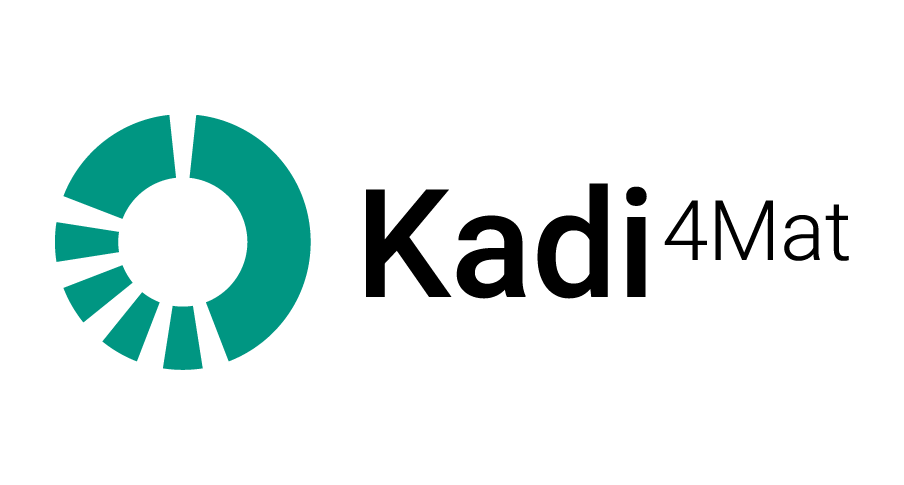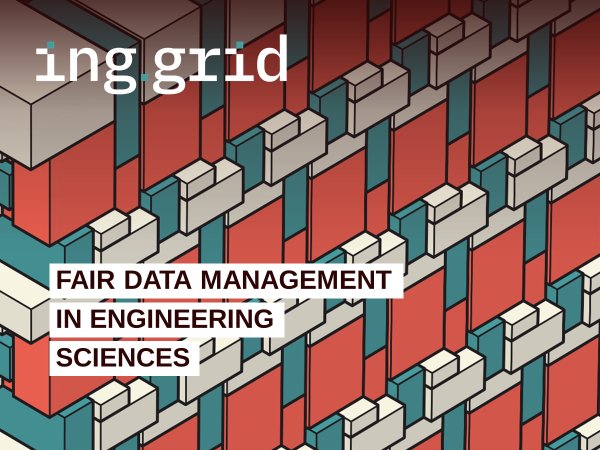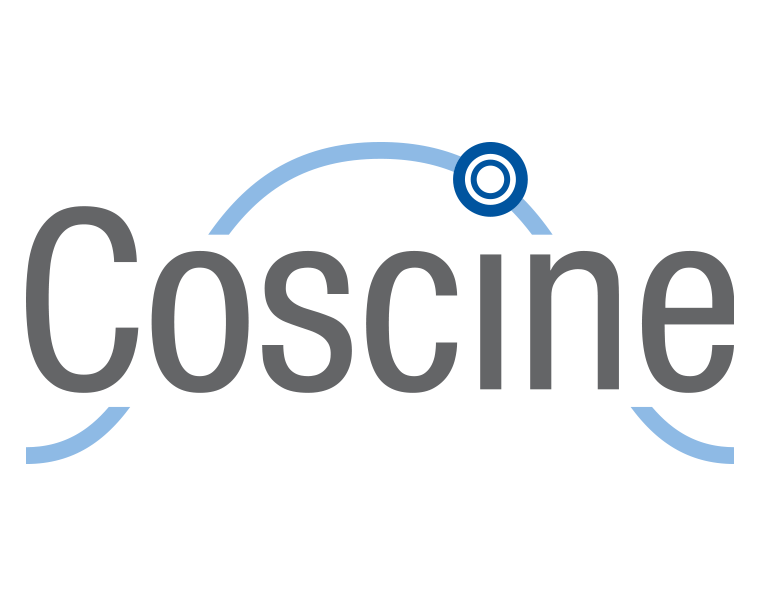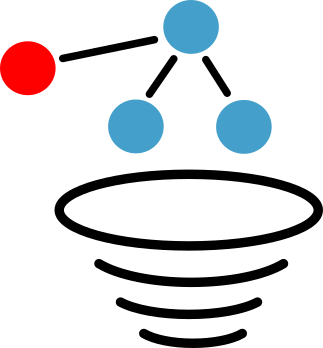
Kadi4Mat Software Ecosystem
The software ecosystem of Kadi4Mat includes different tools and libraries that are built around and on top of Kadi4Mat, the generic and open source virtual research environment.

The software ecosystem of Kadi4Mat includes different tools and libraries that are built around and on top of Kadi4Mat, the generic and open source virtual research environment.

Kadi4Mat is a generic and open source virtual research environment, which can be hosted as a web-based service. The instances hosted at KIT can be leveraged to enhance (meta)data management and integration in the engineering community working in academia, research institutions, or industry.

Ing.grid is a scholarly-led diamond open access journal for FAIR data management in engineering sciences. It uses an open peer review process and accepts data and software submissions in addition to regular manuscripts.

A python-written metadata crawler that allows to automatically retrieve relevant research metadata from script-based workflows on HPC systems. The tool offers a flexible approach to metadata collection, as the metadata scheme can be read out from an ontology file. Through minimal user input, the crawler can be adapted to the user’s needs and easily implemented within the workflow, enabling to retrieve relevant metadata.

Coscine is a RDM platform for the active phase of research projects that enables NFDI4ING researchers to access storage space on DataStorage.nrw while guaranteeing the FAIR principles. Projects created in Coscine enable role management, metadata management, public sharing of data, referencing with PIDs and archiving of research and metadata for 10 years. In addition, project-related GitLab repositories can be integrated and external files linked. Registration takes place via your own organization (using the NFDI4ING community AAI) or ORCiD.

Betty’s (Re) Search Engine aims to solve the issue of finding research software. The engine searches for software repositories that match a given search string and then tries to find corresponding publications as well as all available metadata. This enables users to sort the repositories based on the number of citations, apply various filters and it also directly provides an impression about the research contexts in which a software has been successfully applied.

SciKGTeX is a LaTeX package that allows researchers to annotate specific research contributions in their scientific documents. By embedding these annotations into the PDF metadata, SciKGTeX makes it easier for search engines and knowledge graphs to find and understand the research. This enhances the discoverability and usability of scientific work, making it a valuable tool for anyone looking to improve the visibility and impact of their research.